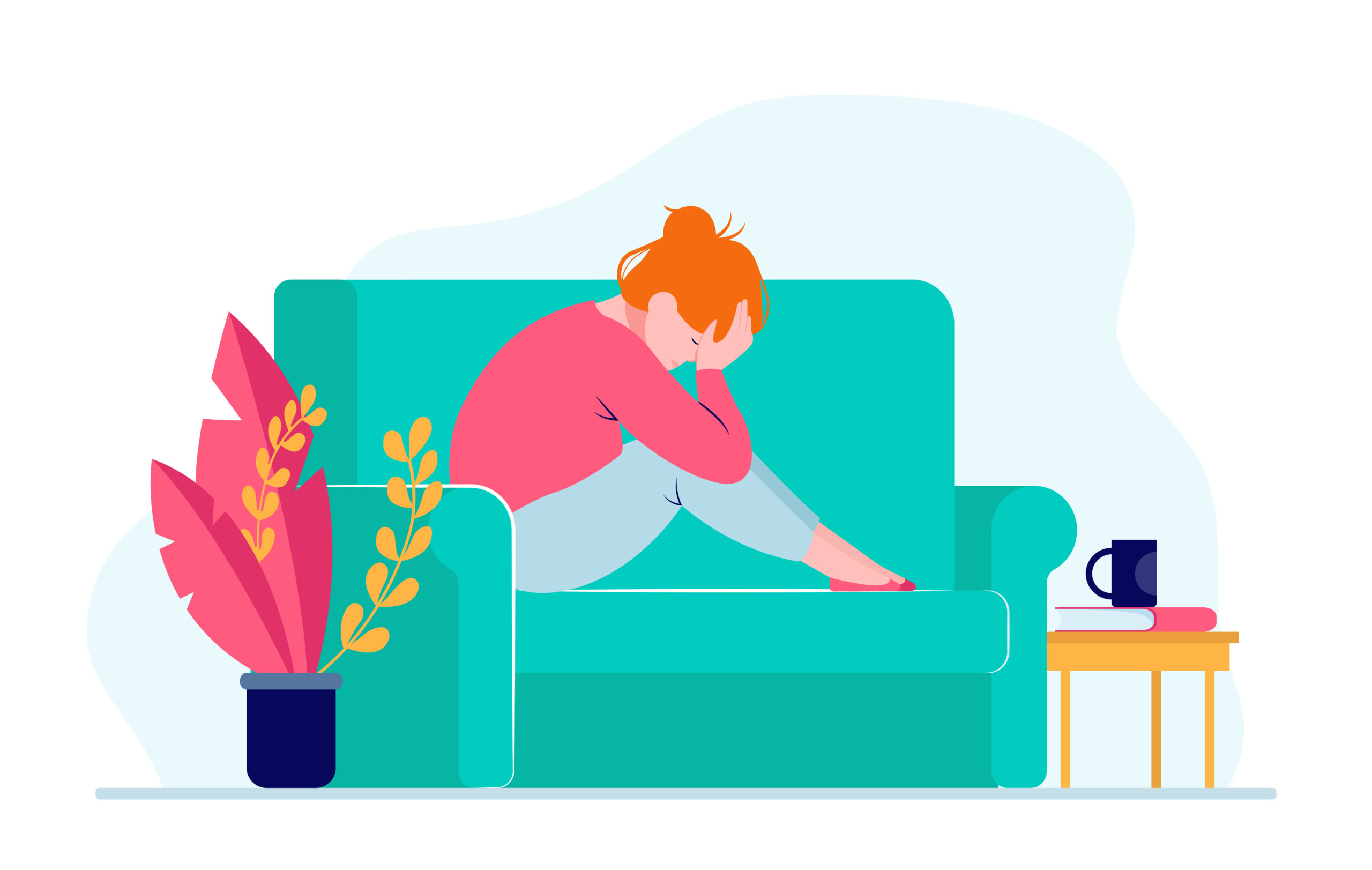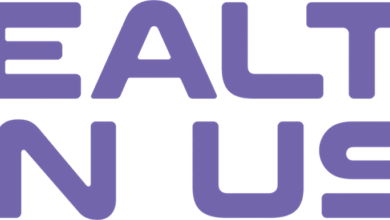
In today’s fast-paced and stressful world, mental health counseling has become more important than ever. People are facing a variety of issues such as anxiety, depression, and trauma, and traditional talk therapy may not always be enough to address these complex challenges. This is where art and music therapy can play a vital role in counseling. Integrating art and music therapy into counseling sessions can offer unique benefits that traditional therapy alone may not be able to provide.
The Power of Art Therapy:
Art therapy involves using visual arts, such as painting, drawing, and sculpting, to help individuals express themselves and explore their emotions. This form of therapy can be particularly beneficial for clients who struggle to articulate their feelings verbally. Through the creative process, clients can gain insights into their emotions and experiences that they may not have been able to access through traditional talk therapy. Additionally, creating art can be a therapeutic and calming experience, helping individuals process and release pent-up emotions.
The Healing Effects of Music Therapy:
Music therapy, on the other hand, involves using music and sound to support emotional expression and improve overall well-being. Whether through listening to music, playing an instrument, or engaging in musical improvisation, music therapy can help clients regulate their emotions, reduce stress, and increase feelings of relaxation and joy. Music has a powerful impact on the brain, and using it in therapy can help clients access and process difficult emotions in a safe and supportive environment.
Mental health counselling refers to the professional relationship that exists between a client and a qualified counselor. In addition to helping clients investigate and comprehend their thoughts, feelings, and actions, counseling aims to help them acquire new coping mechanisms. Counseling can assist people in addressing a variety of mental health difficulties, including anxiety, depression, trauma, and relationship problems, by combining talk therapy, self-reflection, and goal-setting.
Contrarily, music therapy uses sound and song to promote emotional expression and enhance general wellbeing. Music therapy can assist clients in controlling their emotions, lowering stress levels, and enhancing sensations of joy and relaxation, whether through musical improvisation, instrument playing, or music listening.
Benefits of Integrating Art and Music Therapy:
- Enhanced Emotional Expression: Art and music therapy provide clients with alternative ways to express themselves and communicate their emotions, allowing for deeper exploration and understanding of their internal experiences.
- Stress Reduction: Engaging in creative activities can reduce stress levels, lower cortisol levels, and promote relaxation, helping clients to manage anxiety and tension more effectively.
- Increased Self-Awareness: Through the process of creating art or music, clients can gain insight into their thoughts, feelings, and behaviors, leading to greater self-awareness and personal growth.
- Improved Communication Skills: Art and music therapy can enhance clients’ communication skills, as they learn to express themselves in new and creative ways, improving their ability to connect with others.
Empowerment and Agency: Engaging in art and music therapy can help clients feel empowered and in control of their healing process, fostering a sense of agency and resilience.
Online Counseling and Art/Music Therapy:
In the age of technology, online counseling has become increasingly popular as a convenient and accessible option for clients. Fortunately, art and music therapy can be easily integrated into online counseling sessions. Clients can create art or music in the comfort of their own homes and share their work with their therapist through video calls or online platforms. This allows for a flexible and personalized approach to therapy that meets the unique needs of each individual.
In conclusion, integrating art and music therapy into counseling can offer a wide range of benefits for clients struggling with mental health issues. By providing alternative ways to express emotions, reduce stress, and increase self-awareness, art and music therapy can enhance the therapeutic experience and promote healing and growth. Whether in traditional face-to-face sessions or online counseling, incorporating art and music therapy can be a powerful tool for supporting clients on their journey towards better mental health.
Meta Description: Discover the unique benefits of integrating art and music therapy in counseling to enhance emotional expression, reduce stress, and promote self-awareness. Online counseling options available.
In summary, blending art and music therapy into mental health counseling can provide various advantages to individuals who are facing emotional challenges. Through these creative outlets, clients can find new paths to express their feelings, reduce stress, improve self-awareness, and enhance communication skills. Furthermore, using music and art therapy can give patients a sense of agency and power during the healing process. Online counseling has also made it easier to incorporate these therapeutic modalities, offering clients a flexible and convenient way to access support.





